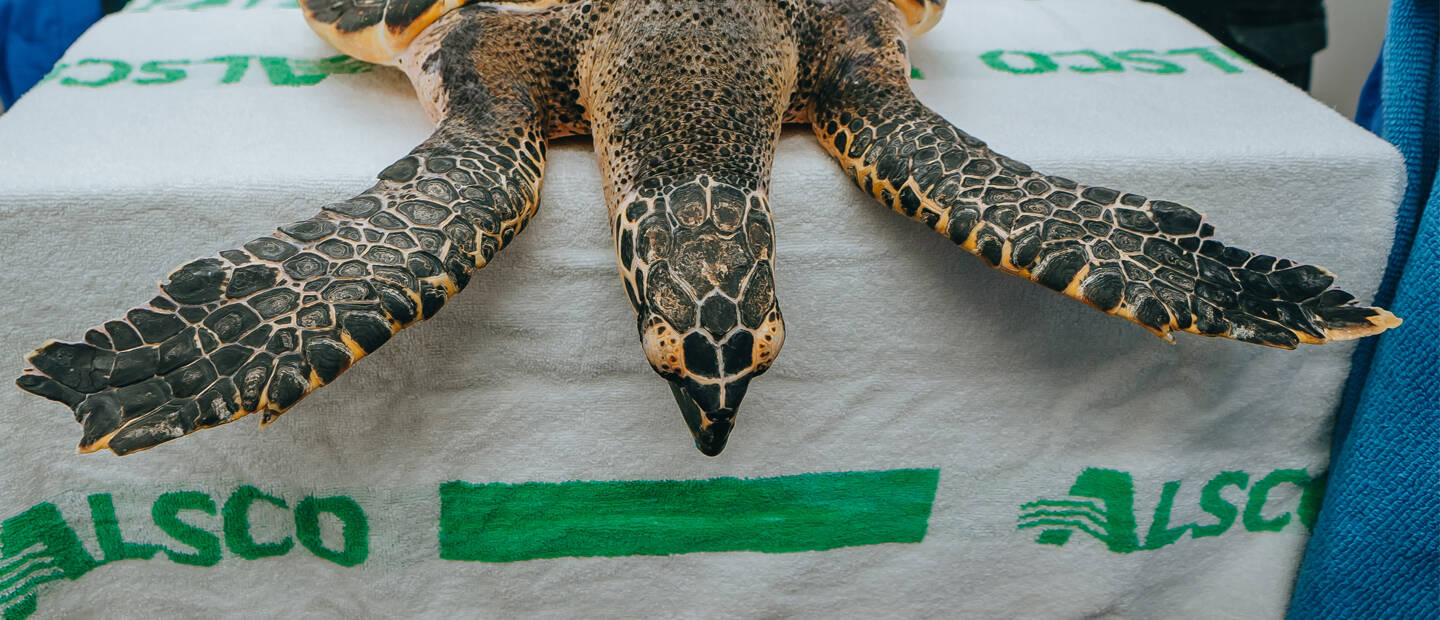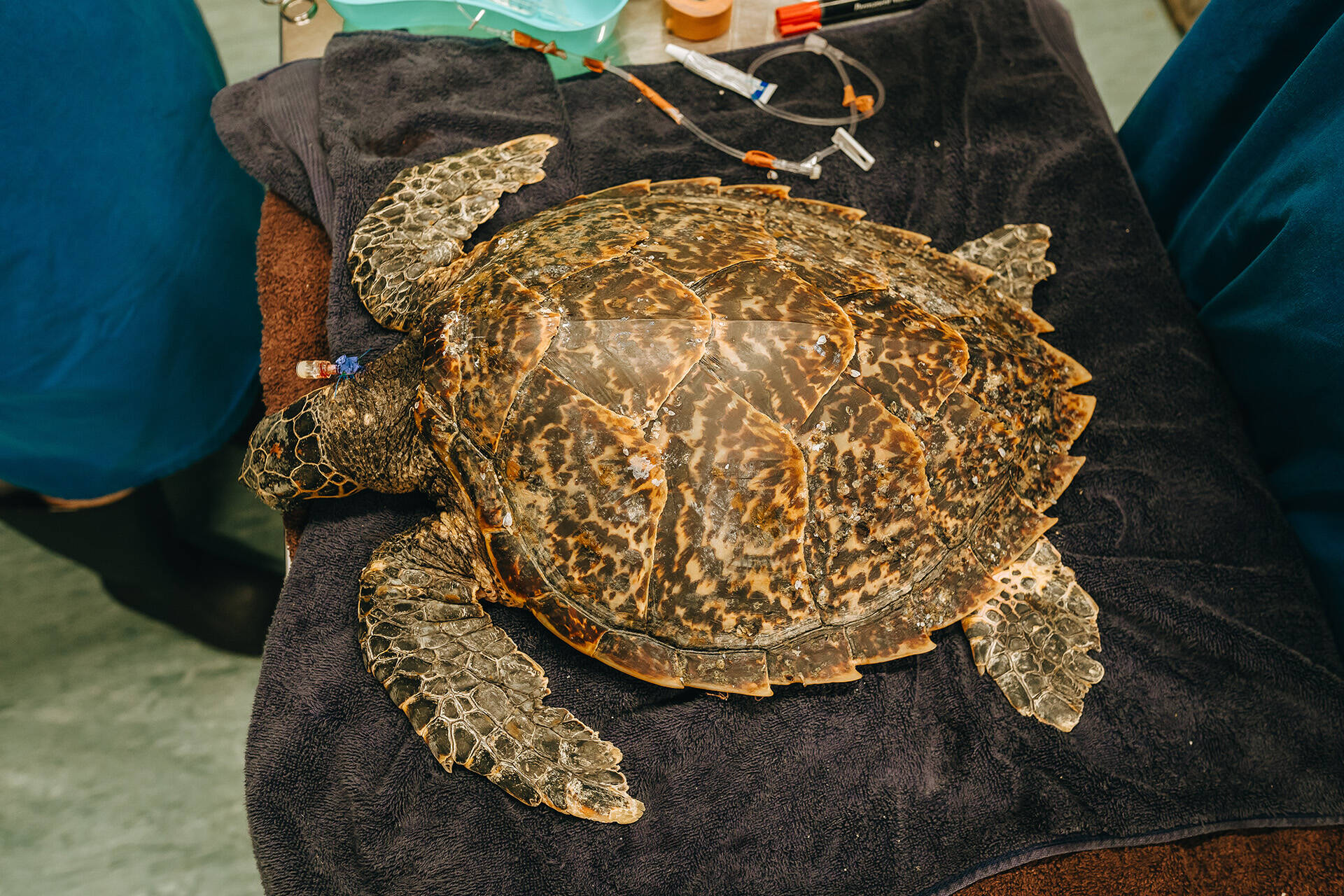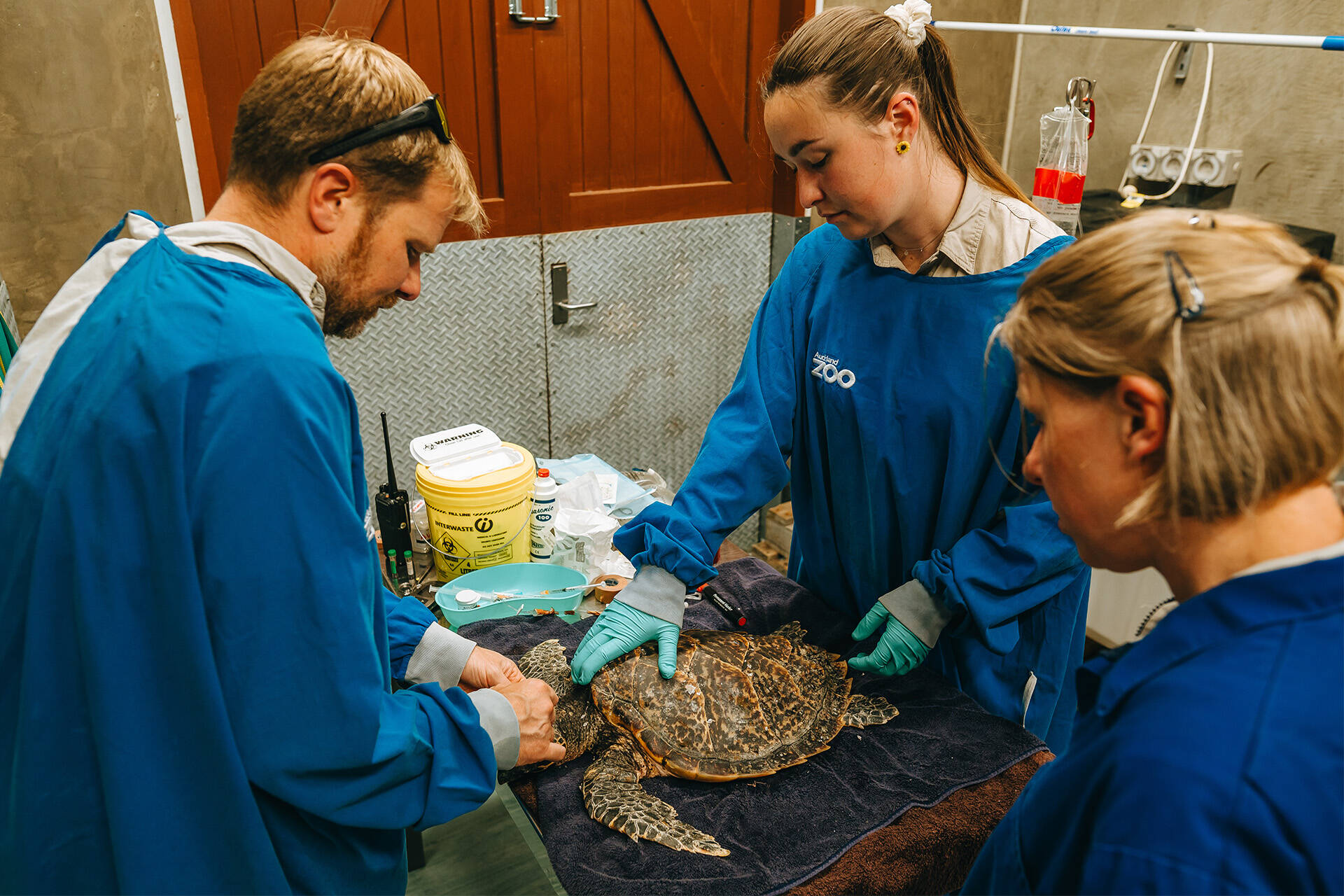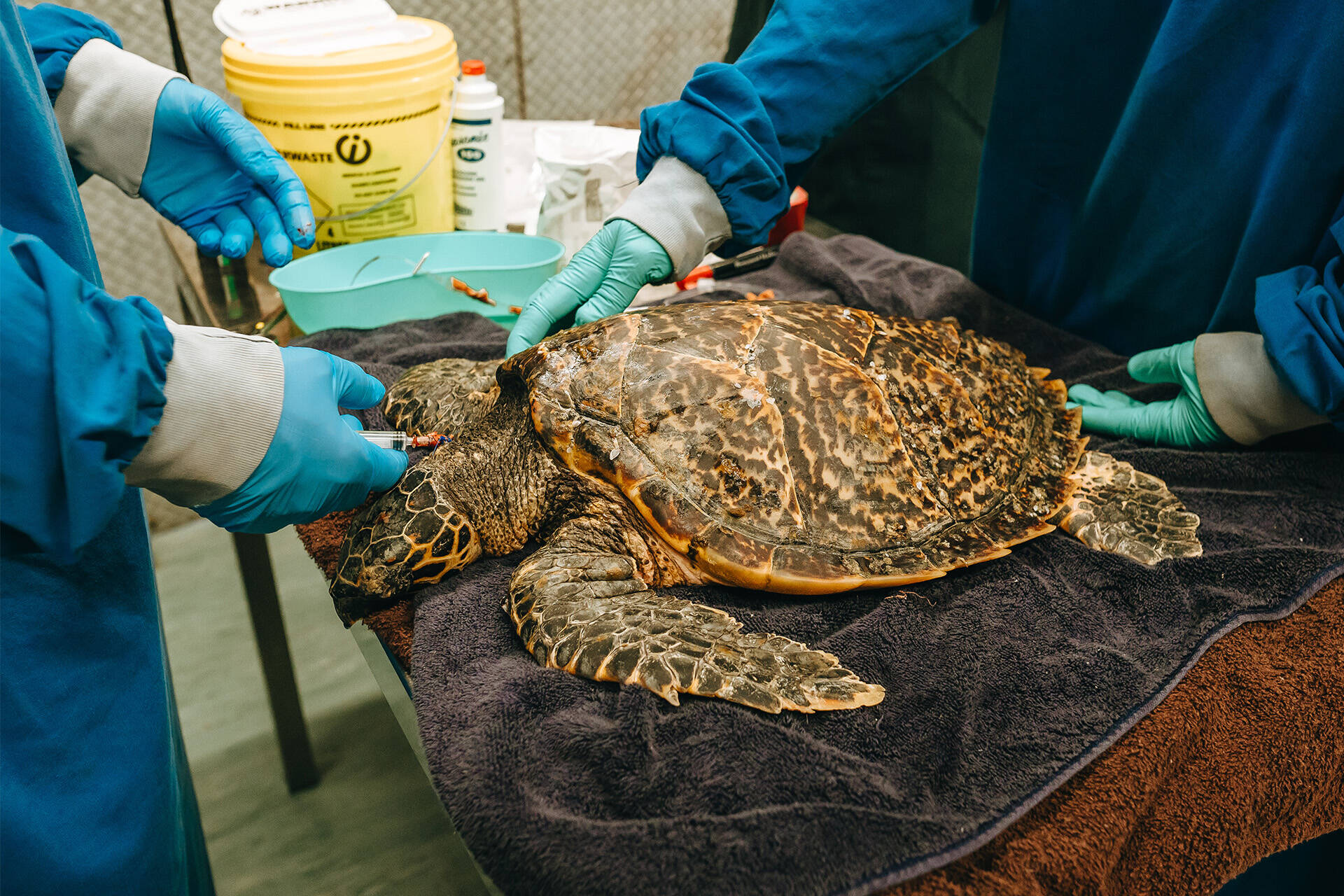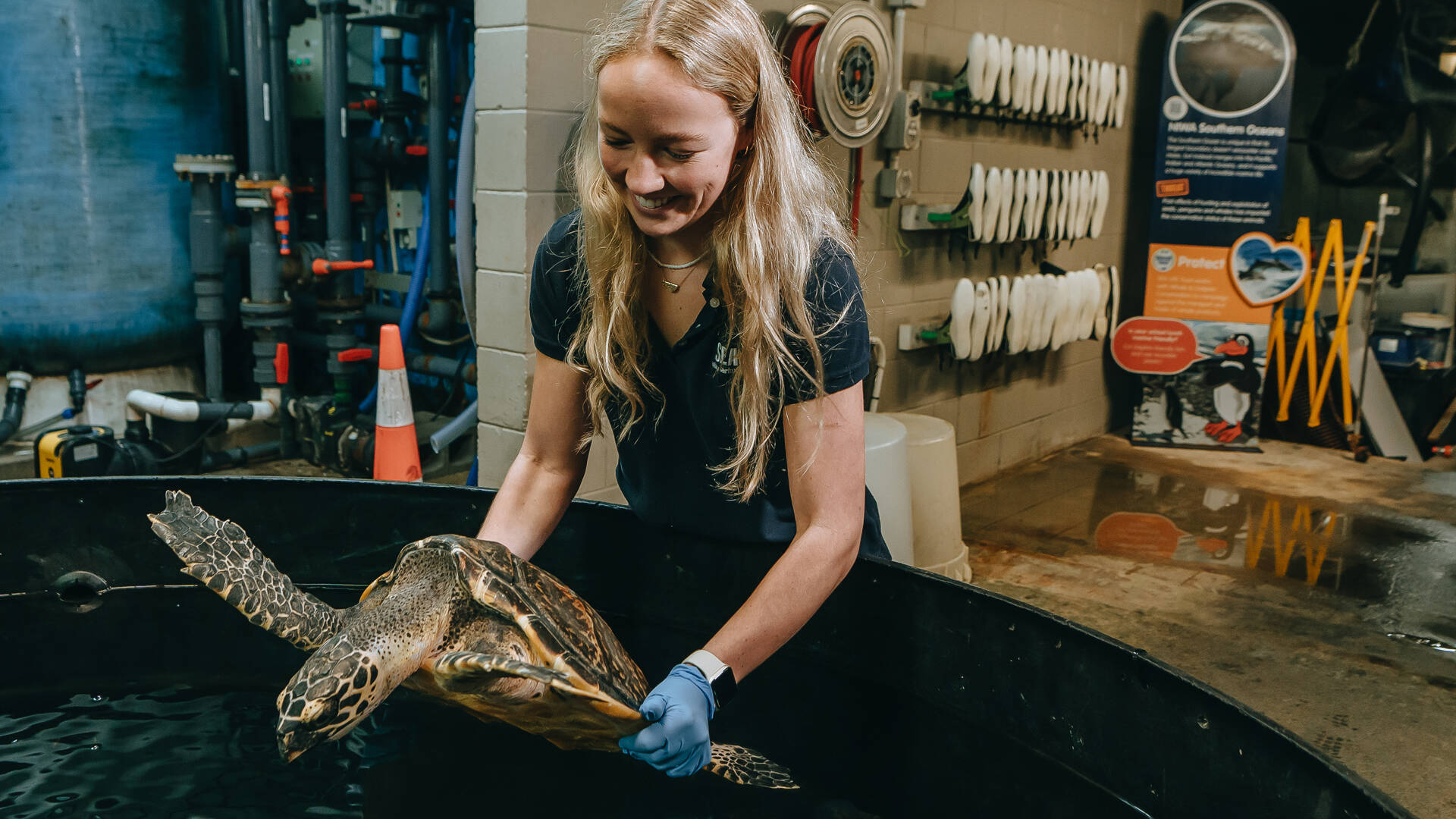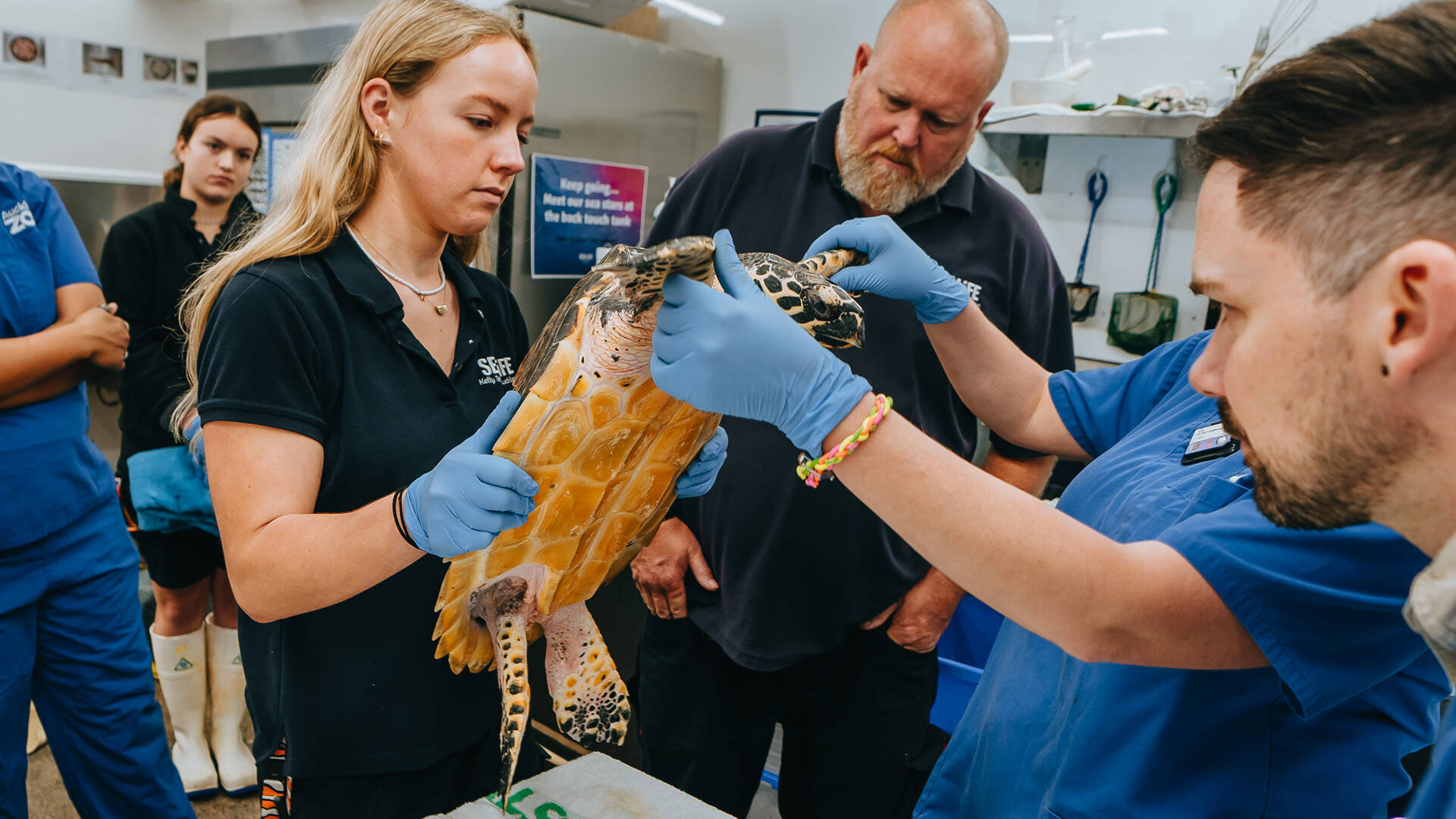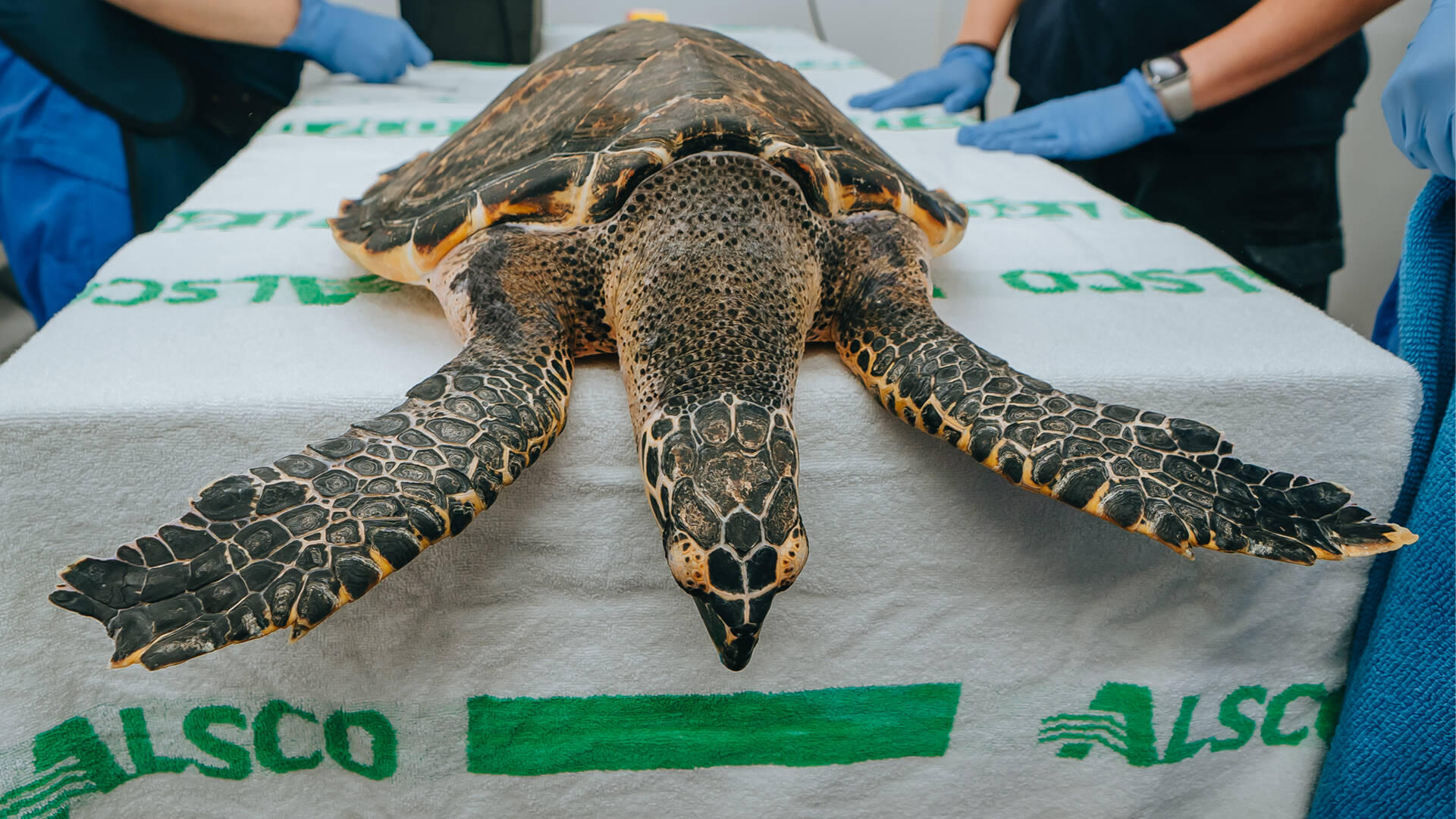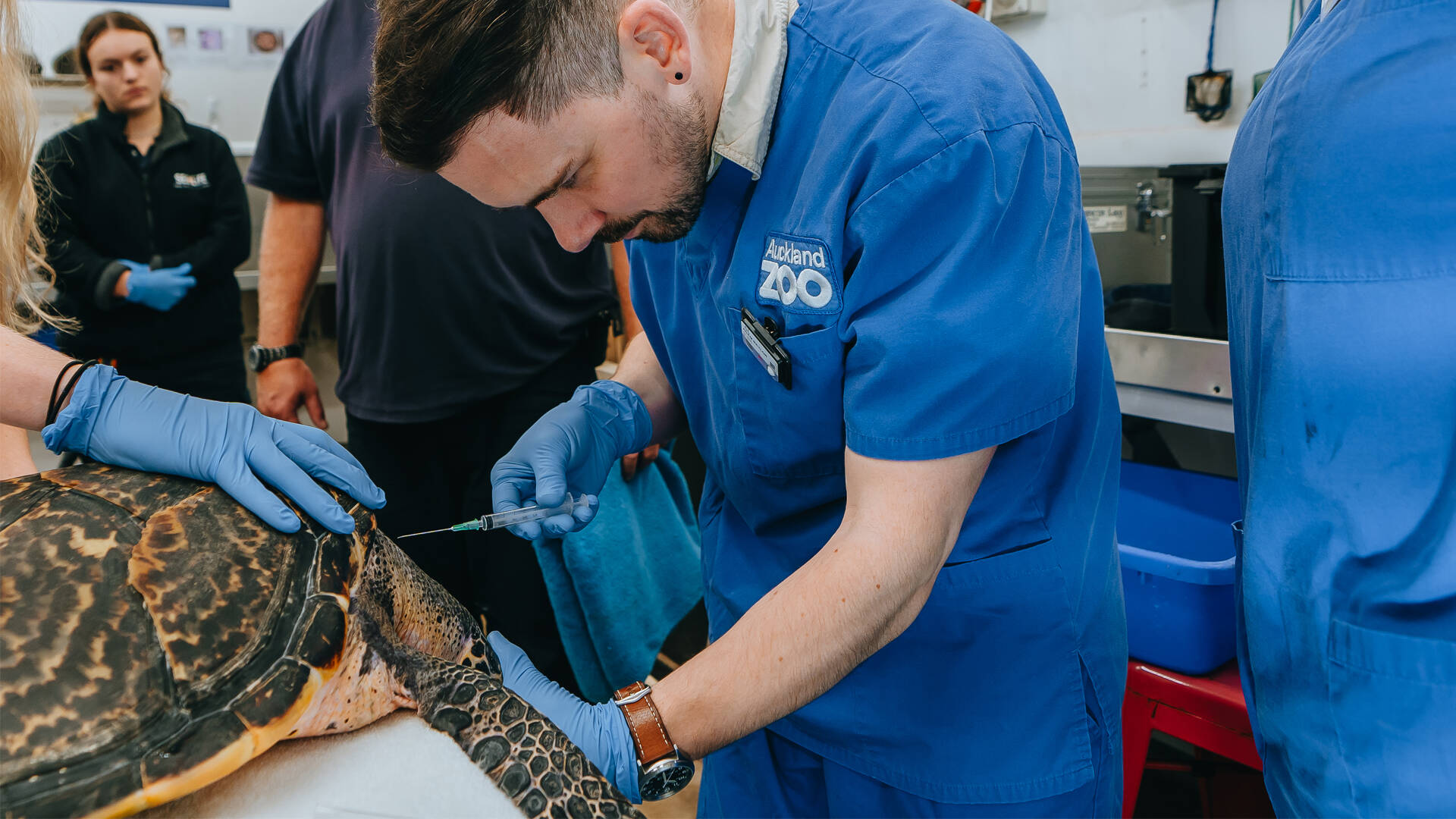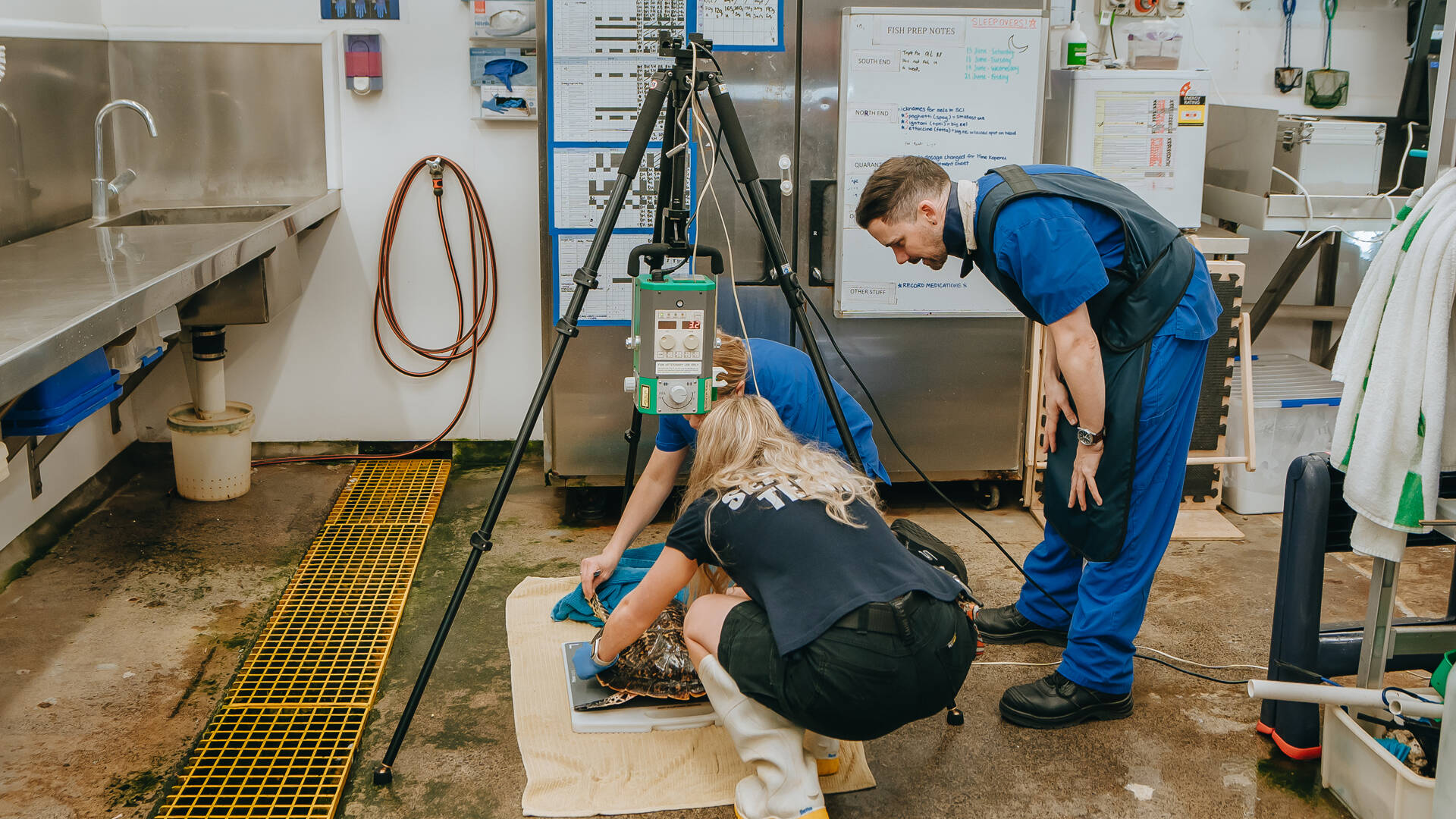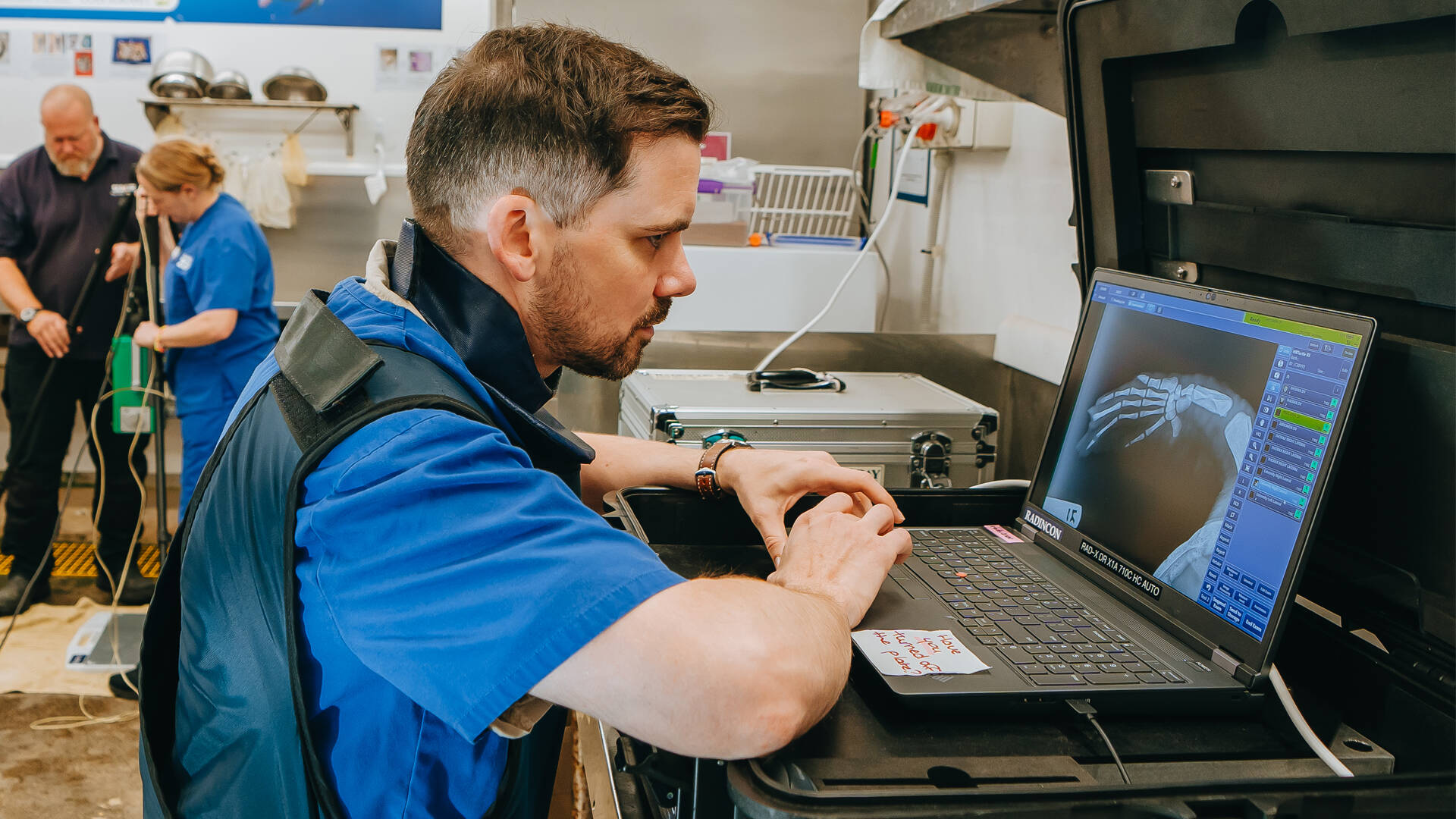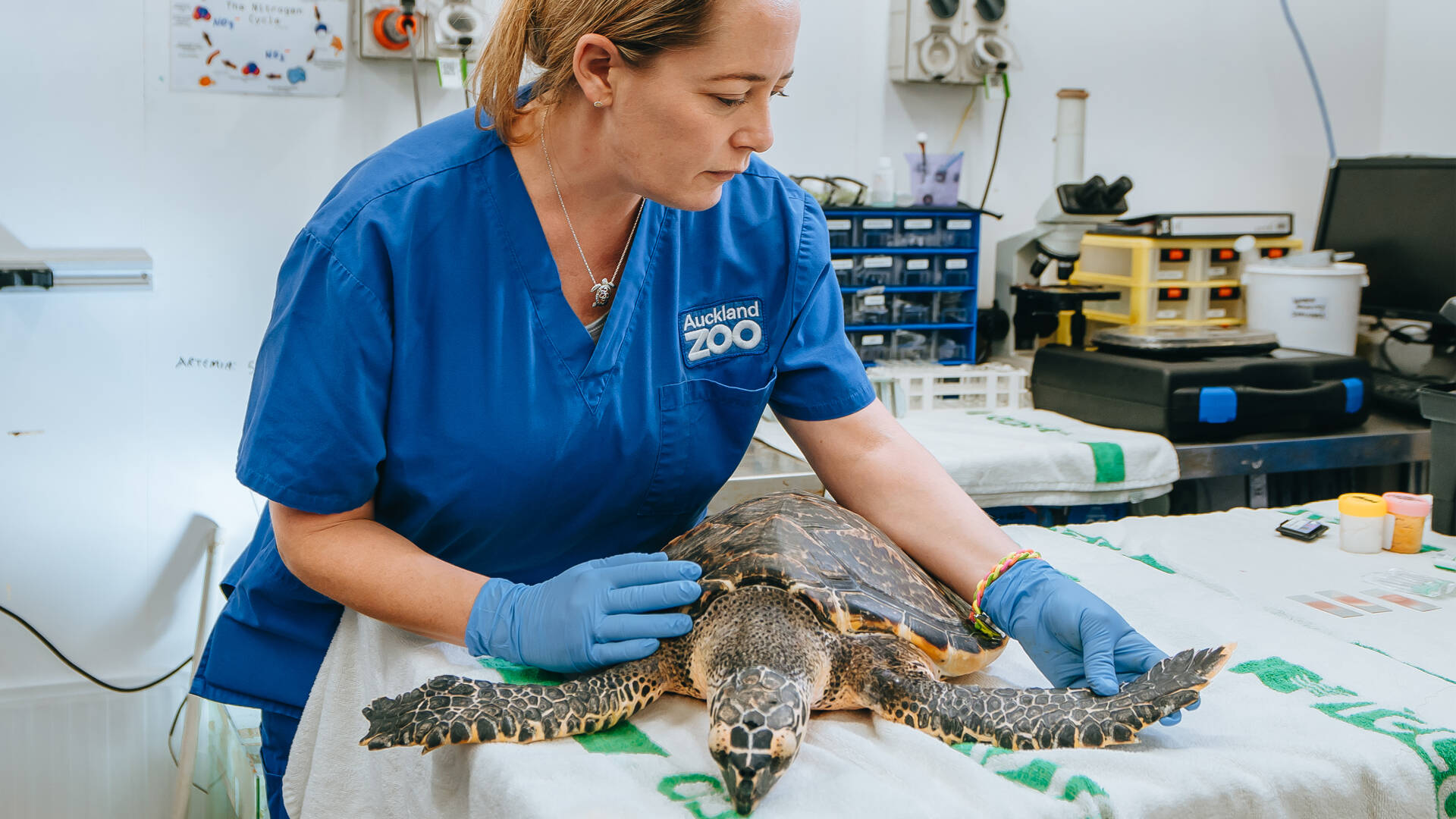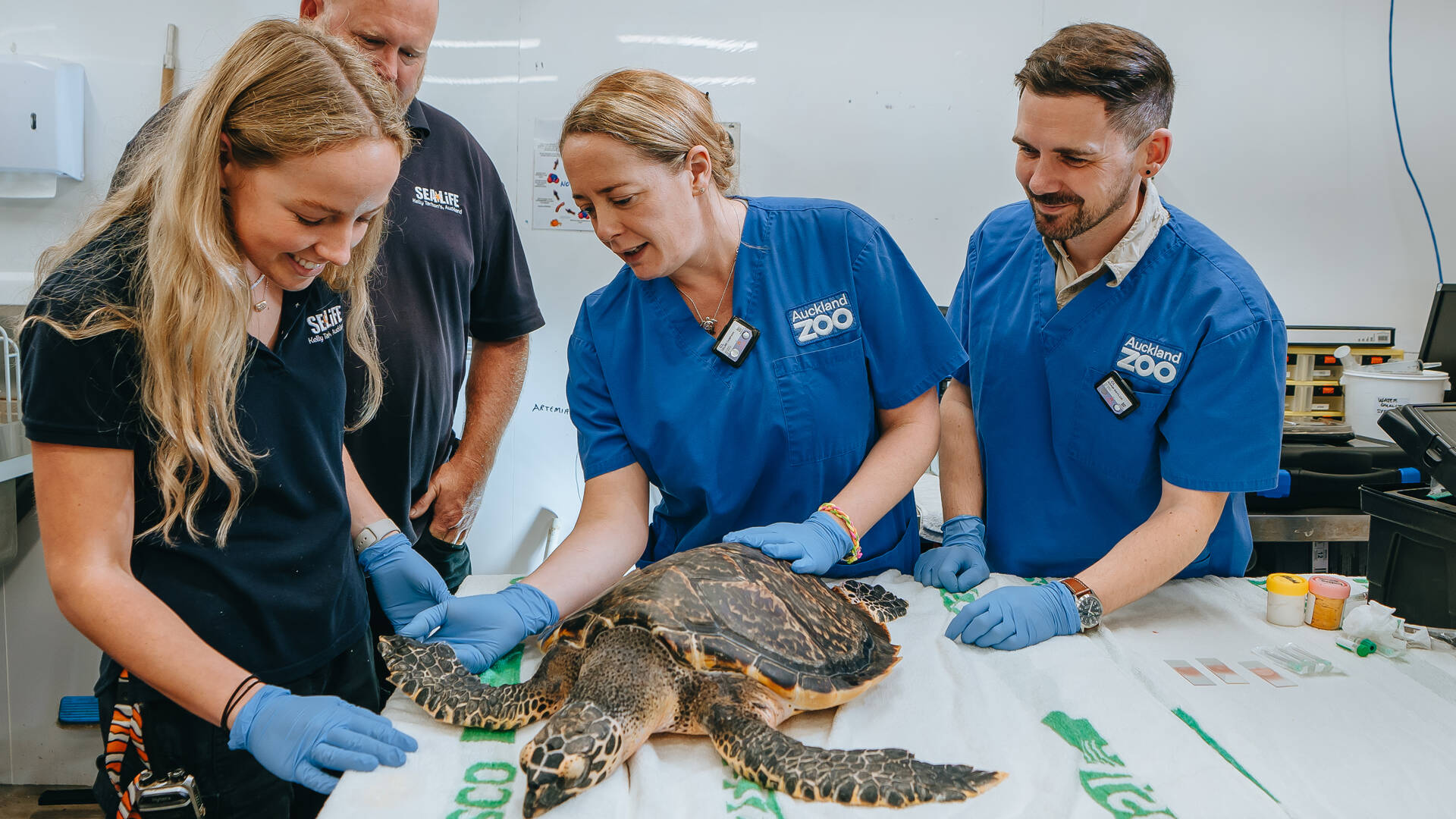This Sunday 16 June is World Sea Turtle Day – a day to celebrate and raise awareness about these incredible marine reptiles that as keystone species, play a vital role in maintaining the health and balance of marine ecosystems.
The Hawksbill turtle (Eretmochelys imbricata), found throughout the tropical waters of the Atlantic, Pacific, and Indian Oceans, is classified as ‘Critically Endangered’ by the IUCN (International Union for Nature).
“We can all help sea turtles and other marine life by reducing our use of plastics, leaving only footprints at the beach, taking care when out on the water, helping with beach clean-ups, and actively living in ways that help reduce our carbon footprint,” says Celine.
The rescue, rehabilitation, and release of sick and injured marine turtles in Aotearoa New Zealand is a collaborative effort from ‘Team Turtle’ – involving mana whenua, the Department of Conservation (DOC), SEA LIFE Kelly Tarlton’s and Auckland Zoo.


